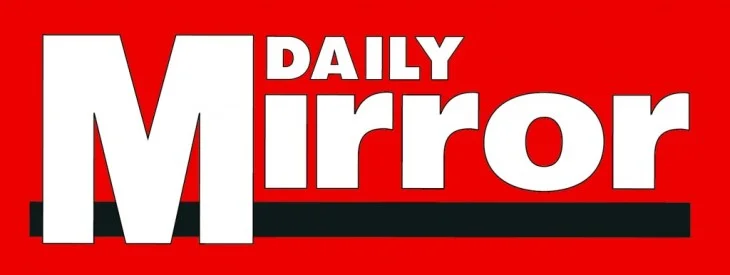
Make it stand out
What’s been happening?
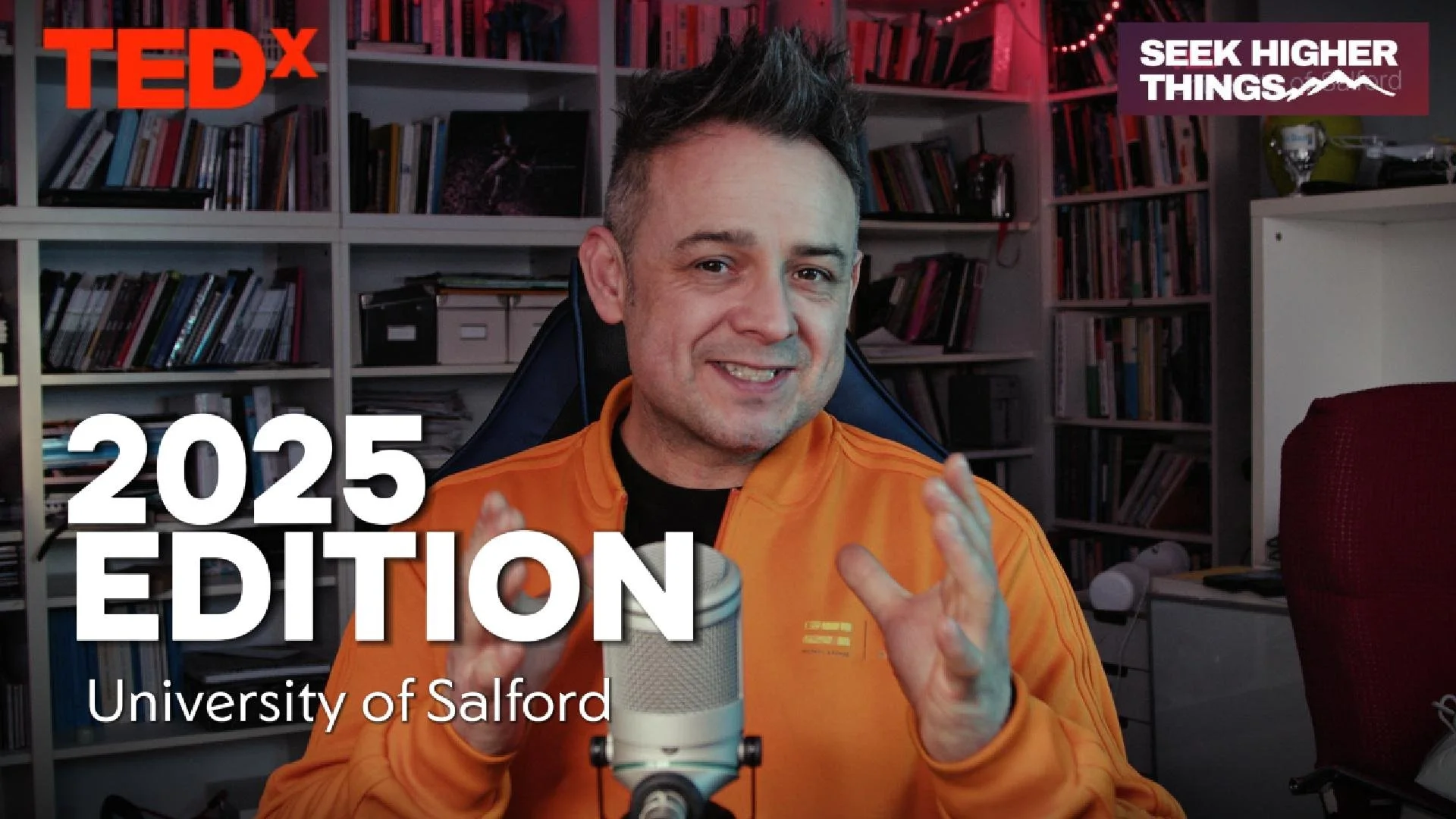
TEDx University of Salford

SciCom23 Luxembourg
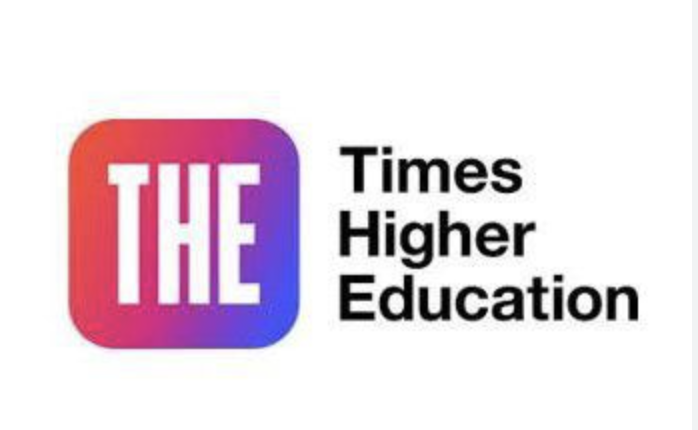
REVIEW: What Oppenheimer teaches us about science
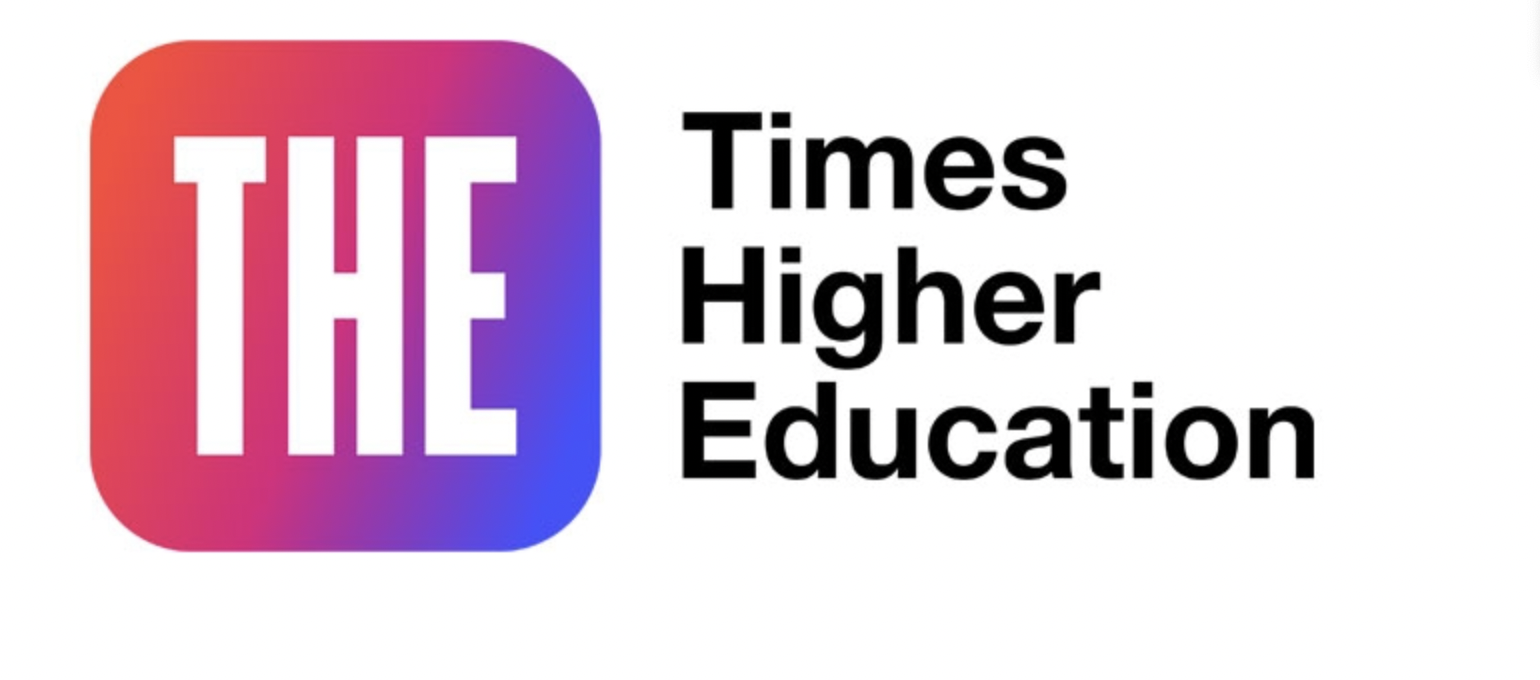
The Future isn't STEM
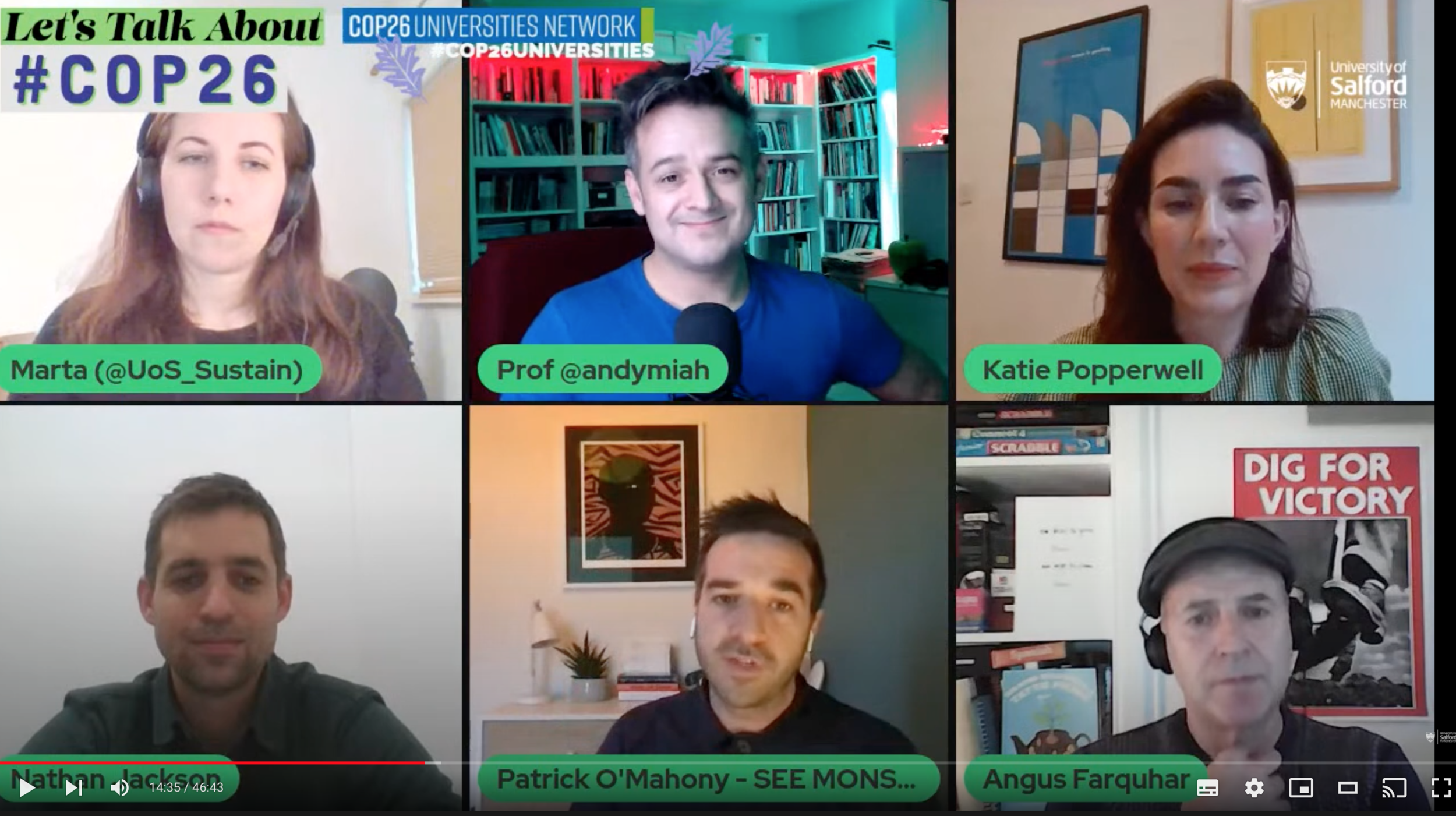
COP26 - What we did
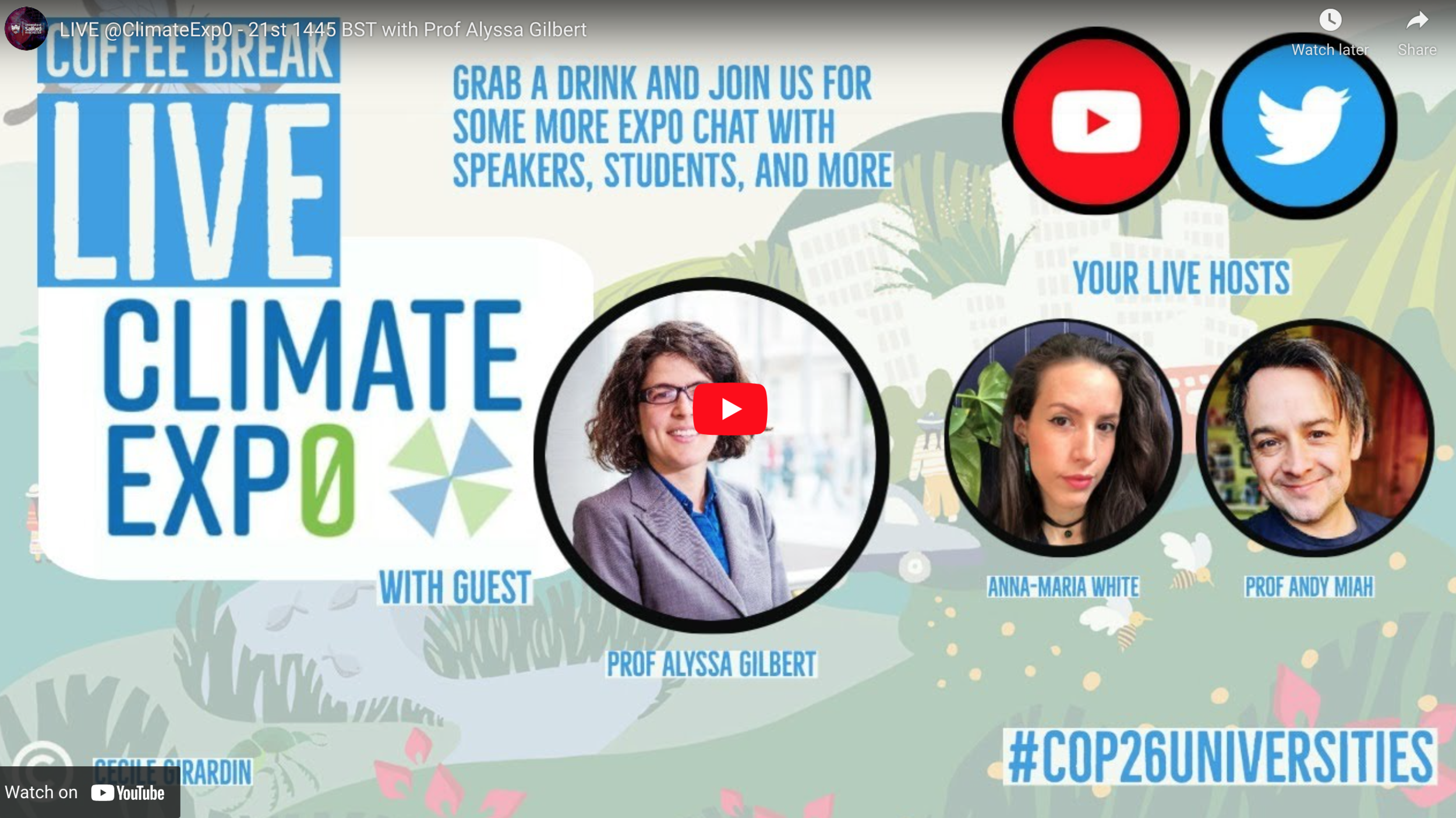
Climate Exp0 #COP26
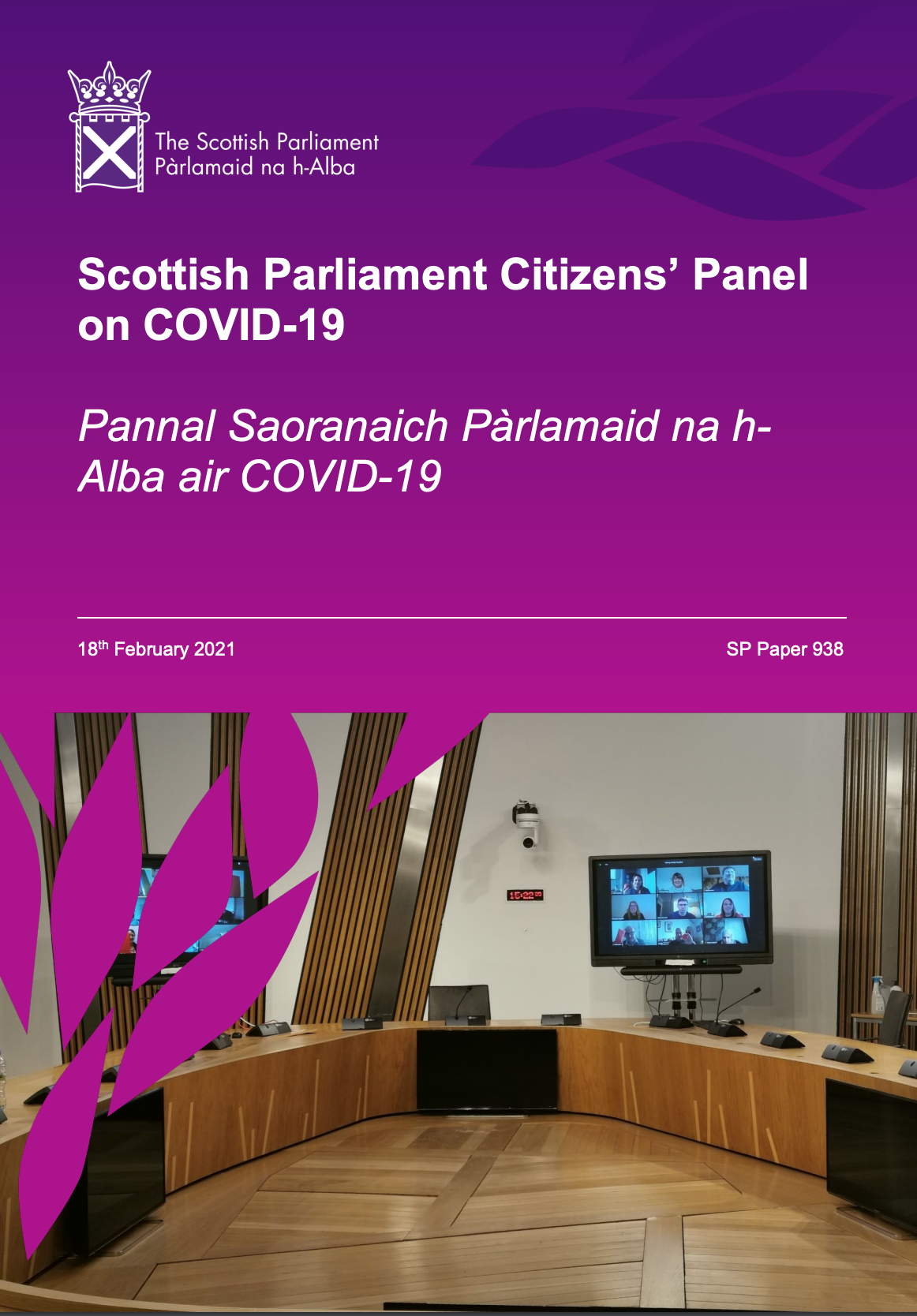
COVID-19 and Public Communication
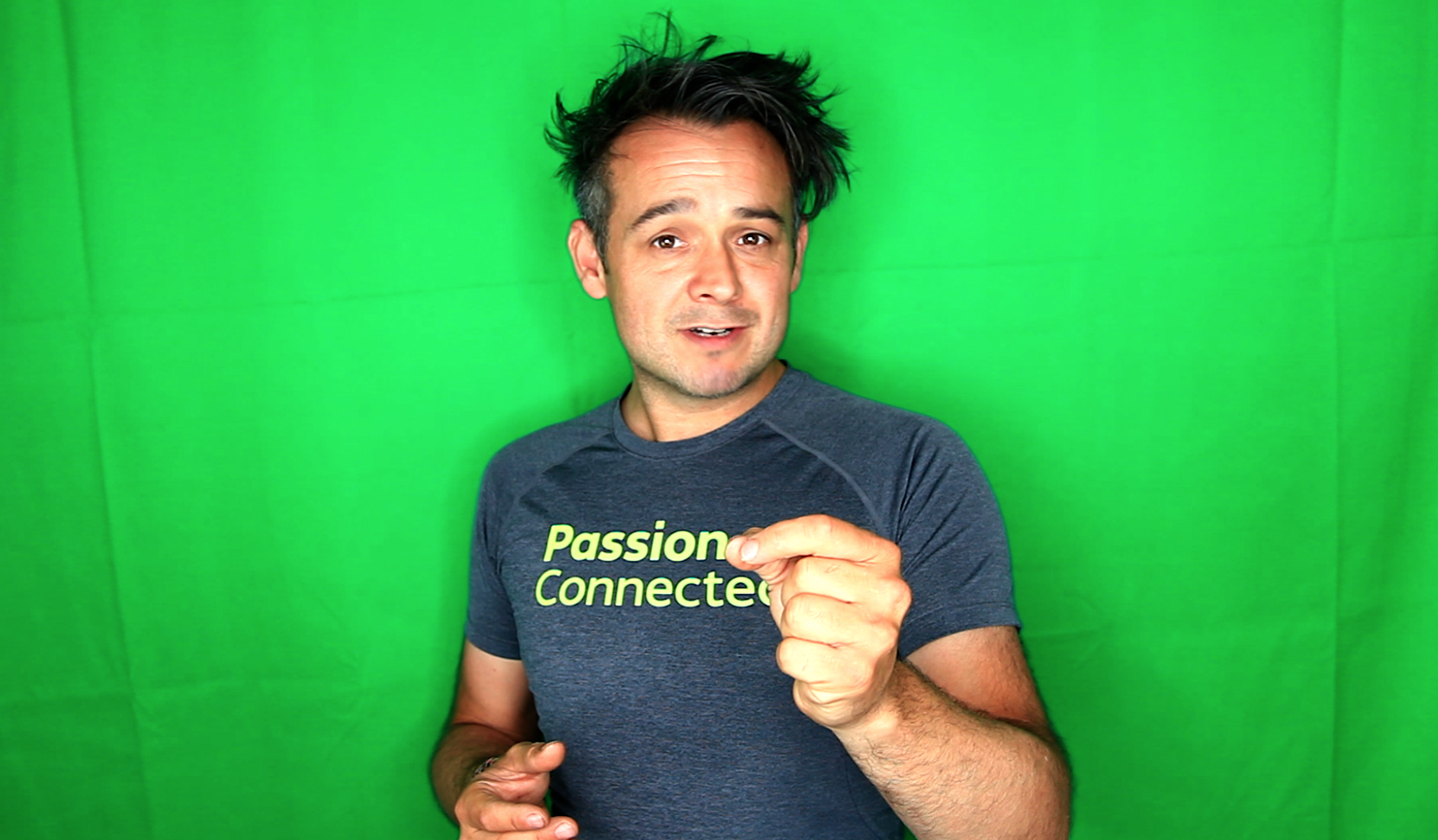
COVID-19 and the Scottish Parliament
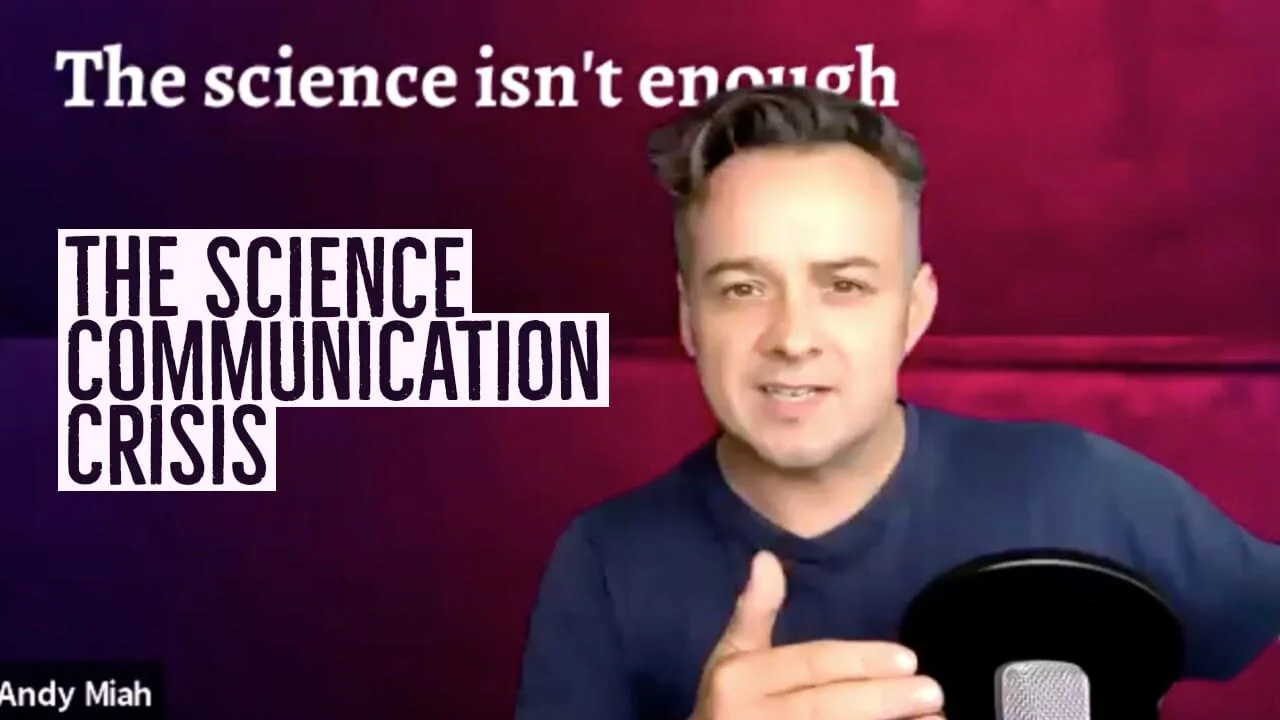
The Science Communication Crisis

New podcast on Anchor
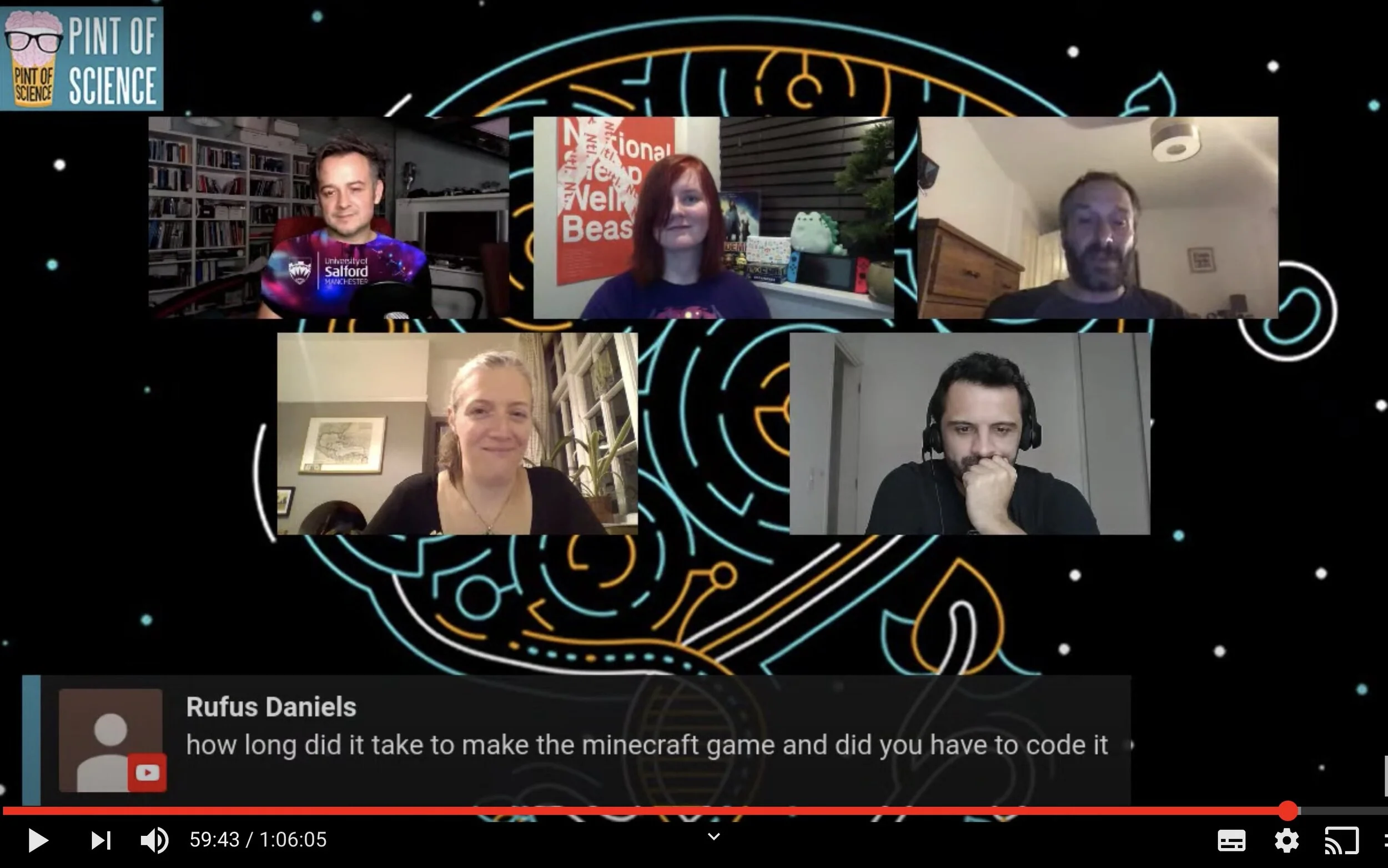
"How can gaming and science come together?"
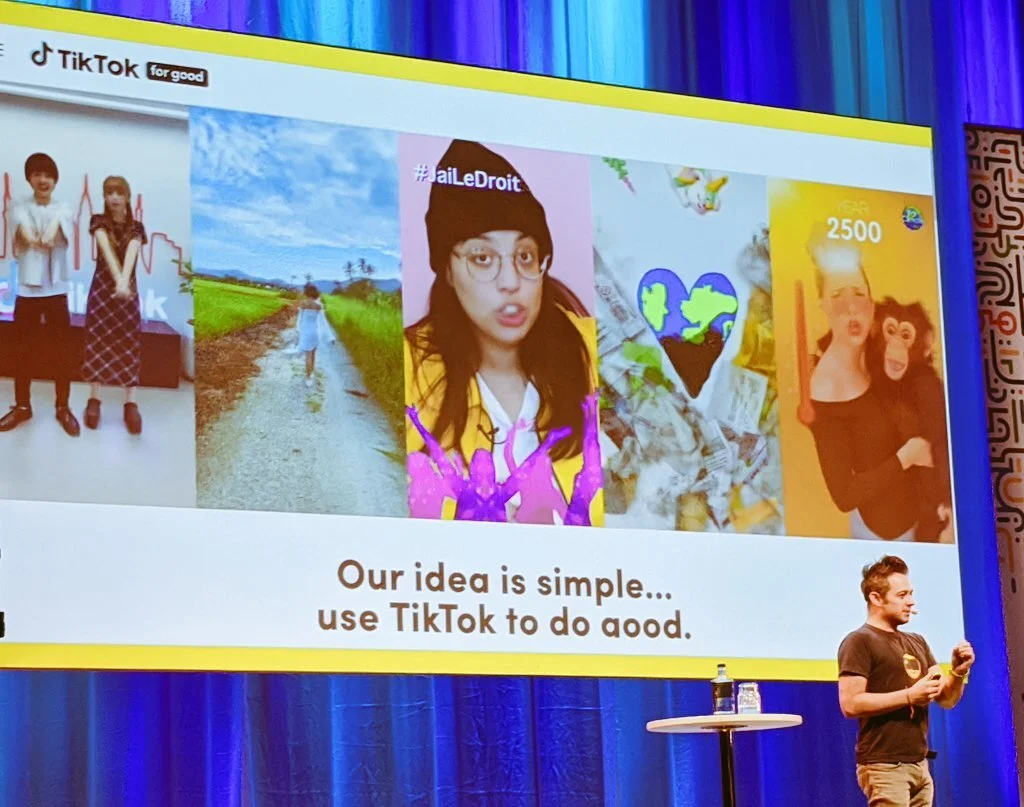
Re-Radicalising the Knowledge Pioneers
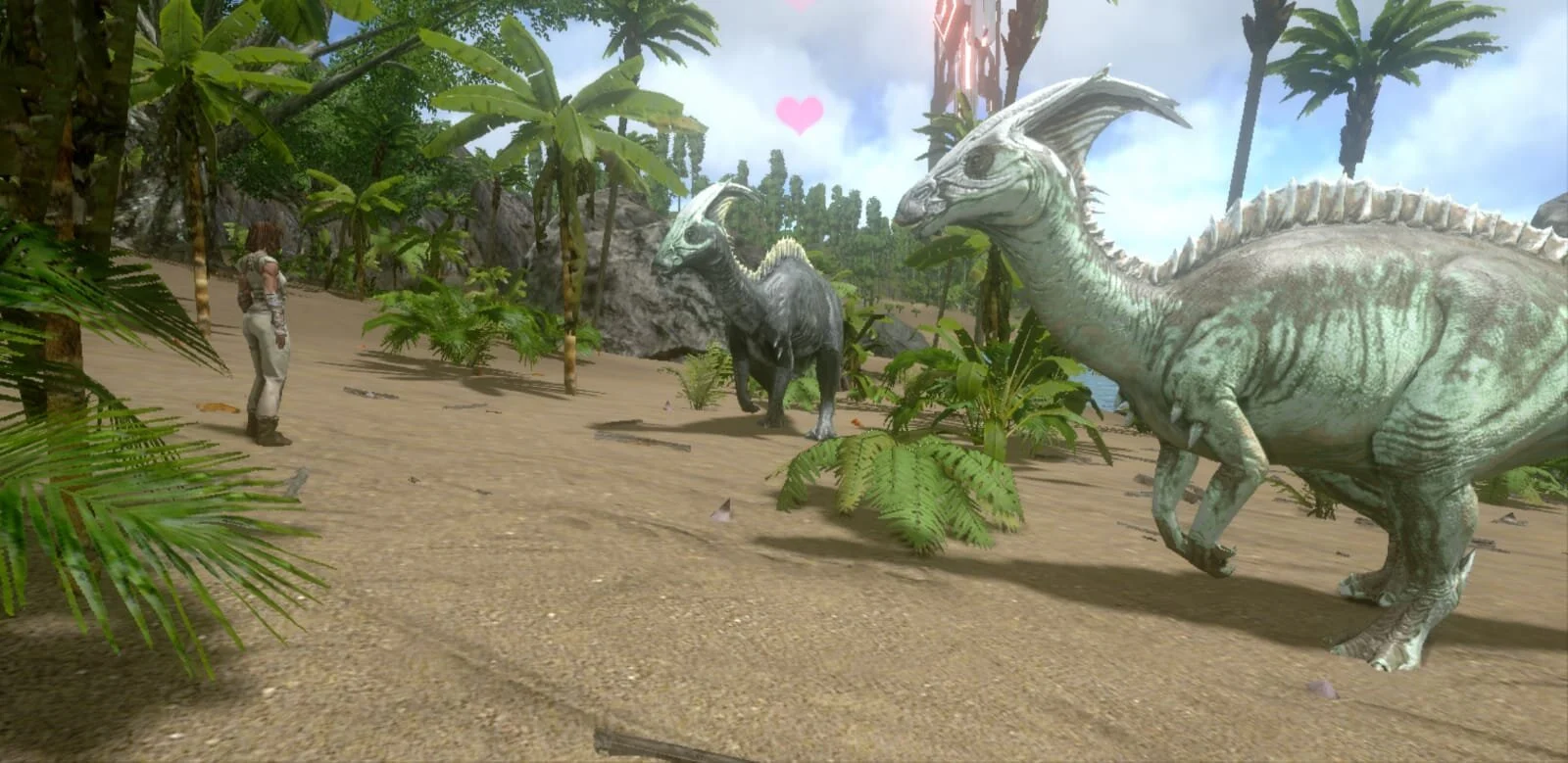
Science Communication in Times of Global Catastrophic Risk
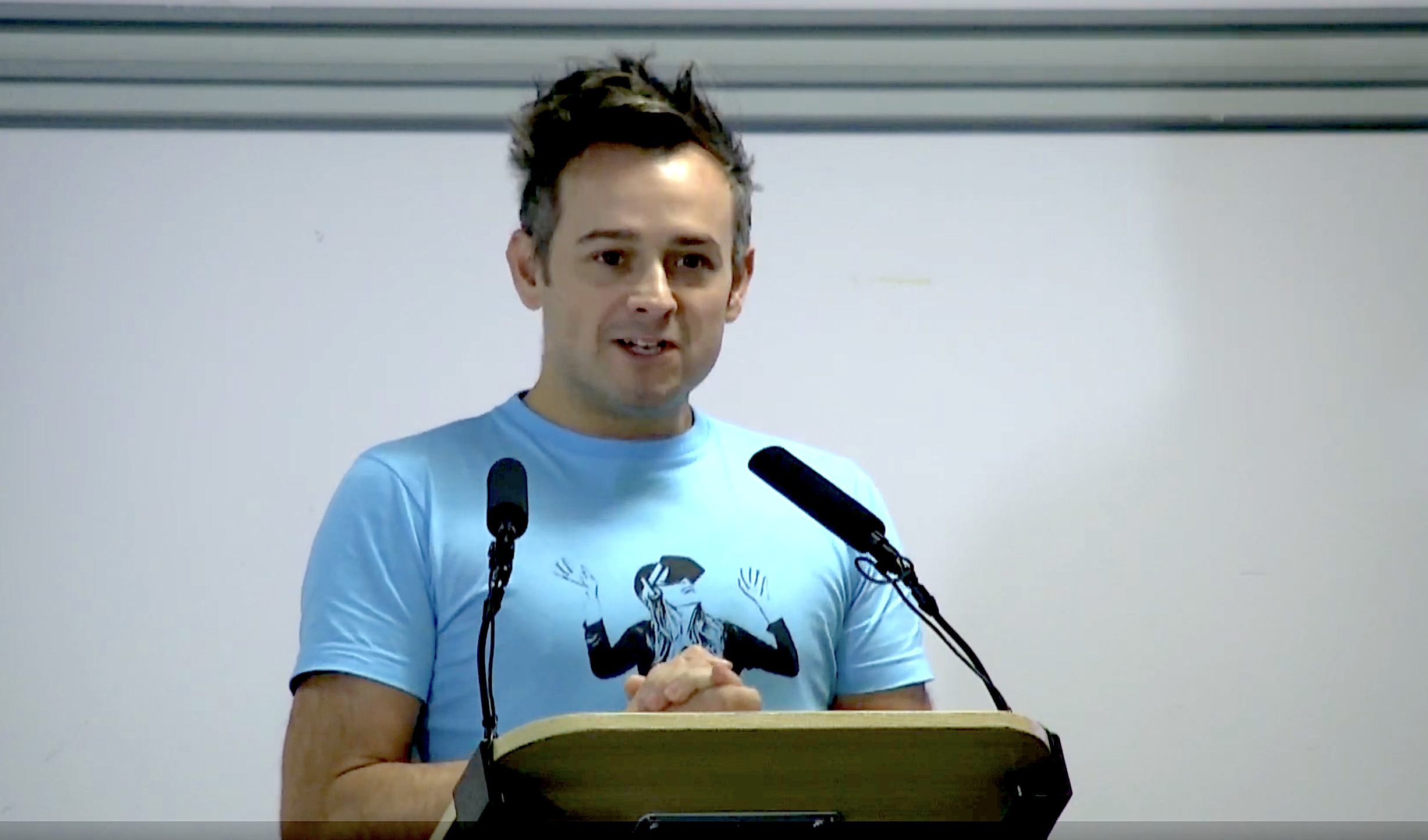
Altmetric Annual Conference
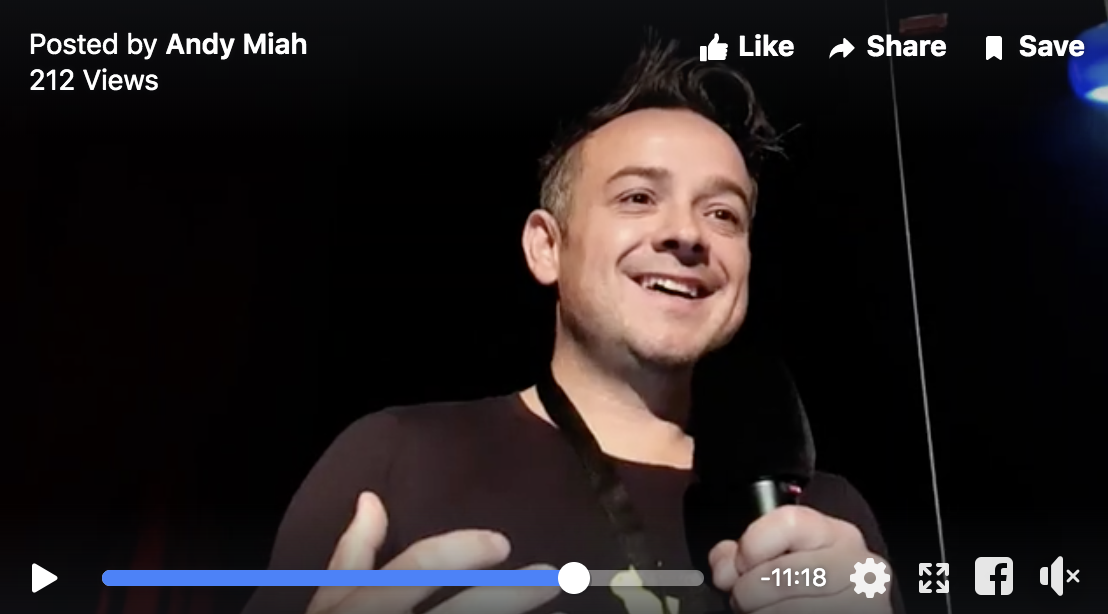
Good Science Begins with Communication

Good Science Begins with Communication
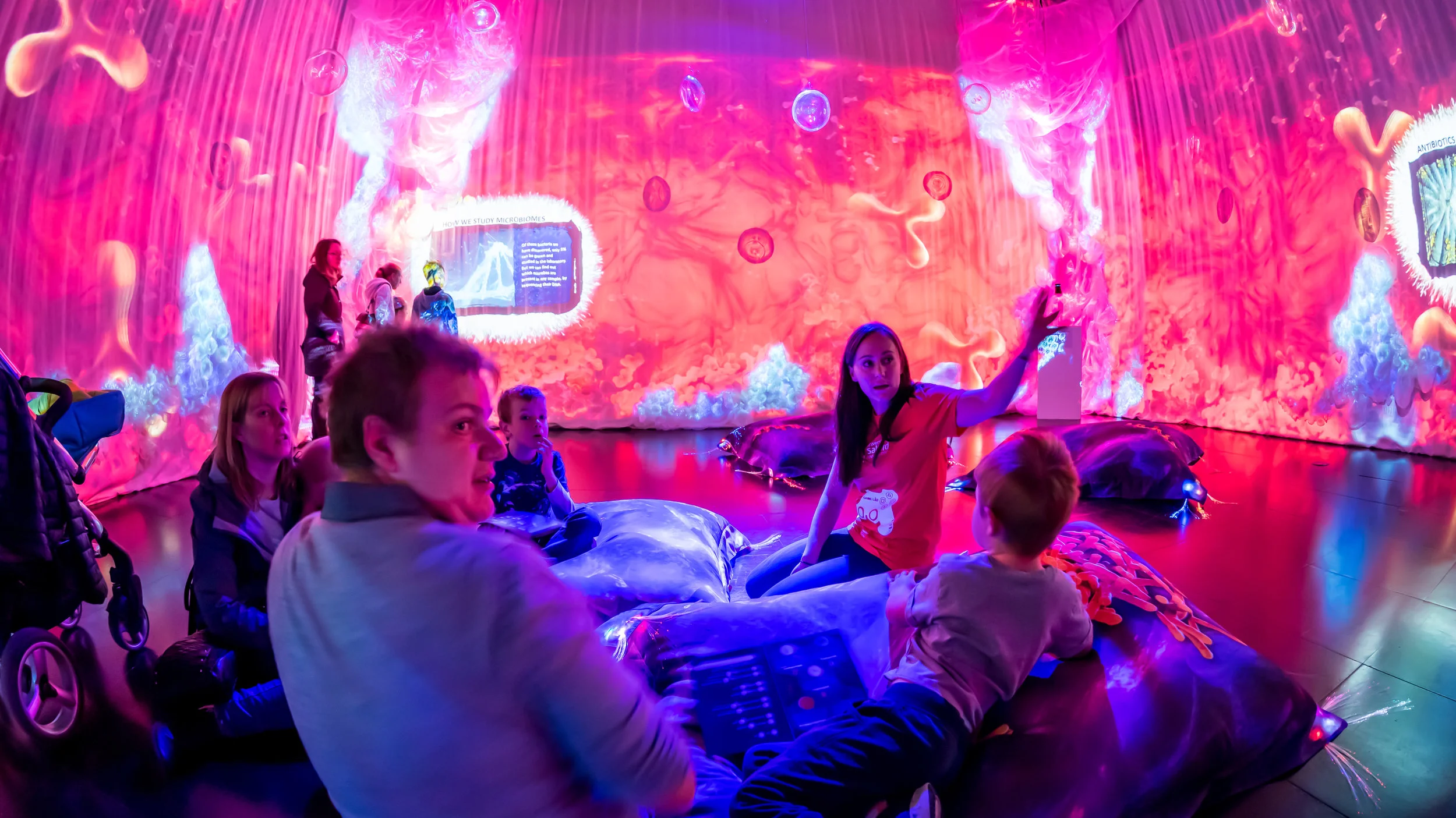
Manchester Science Festival
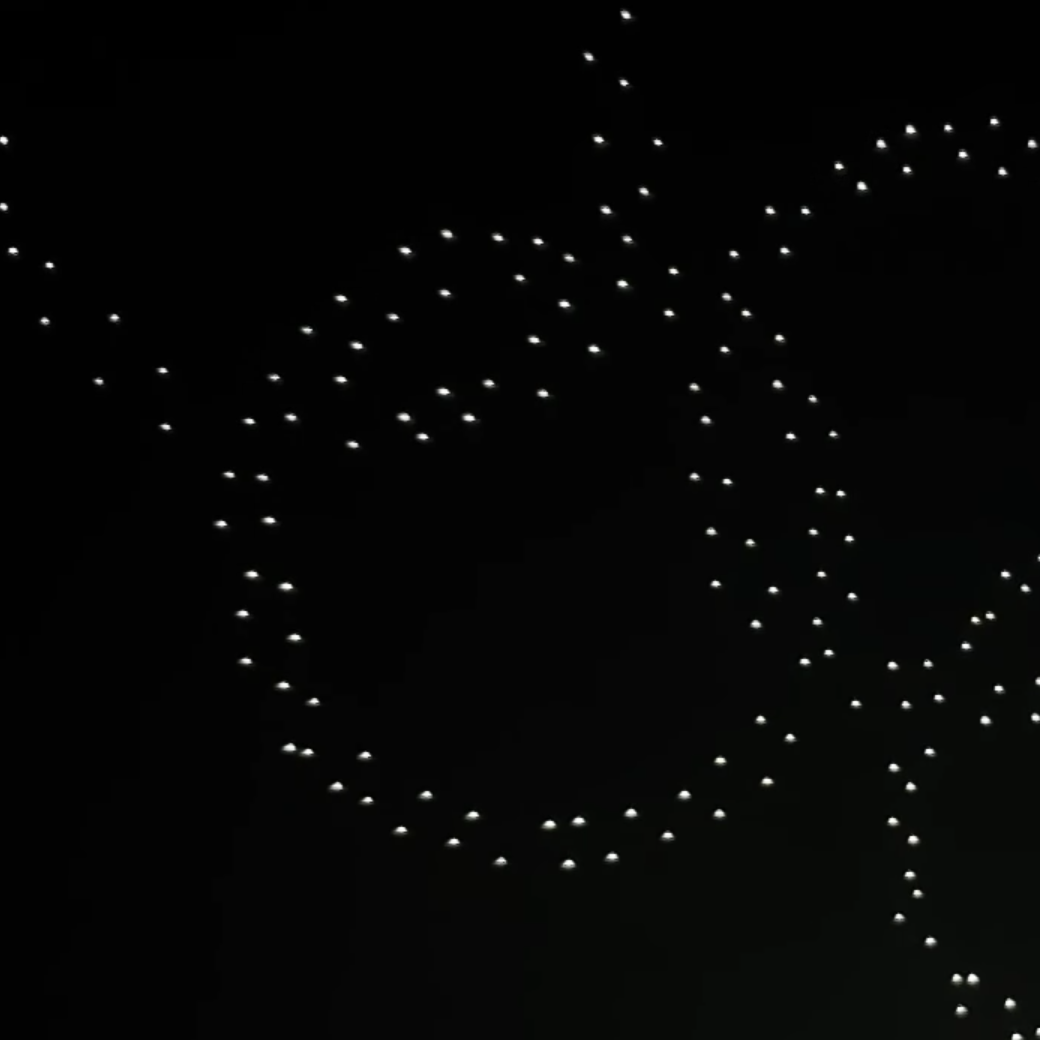
Stephen Hawking as a Science Communicator
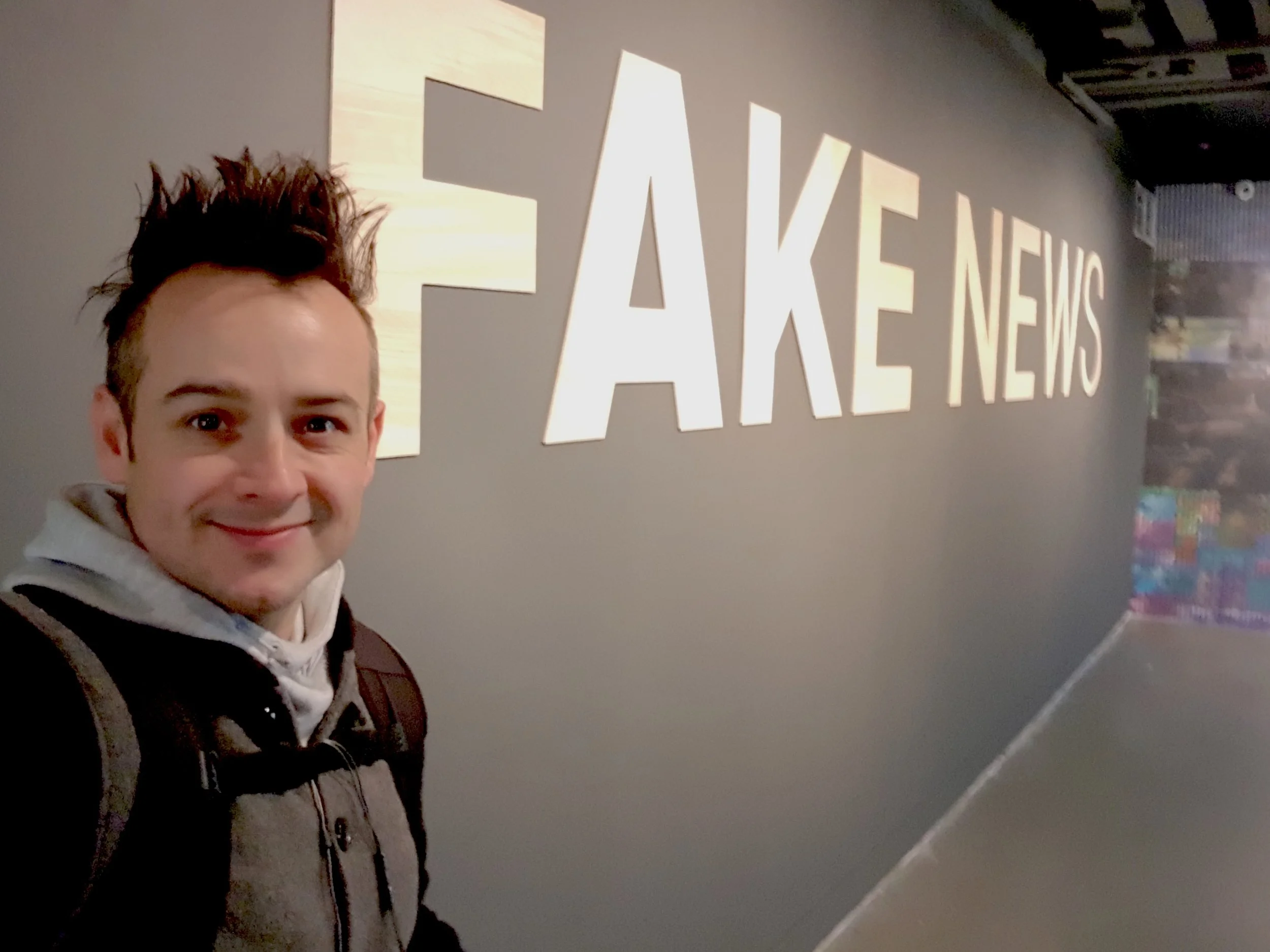
#FakeNews
